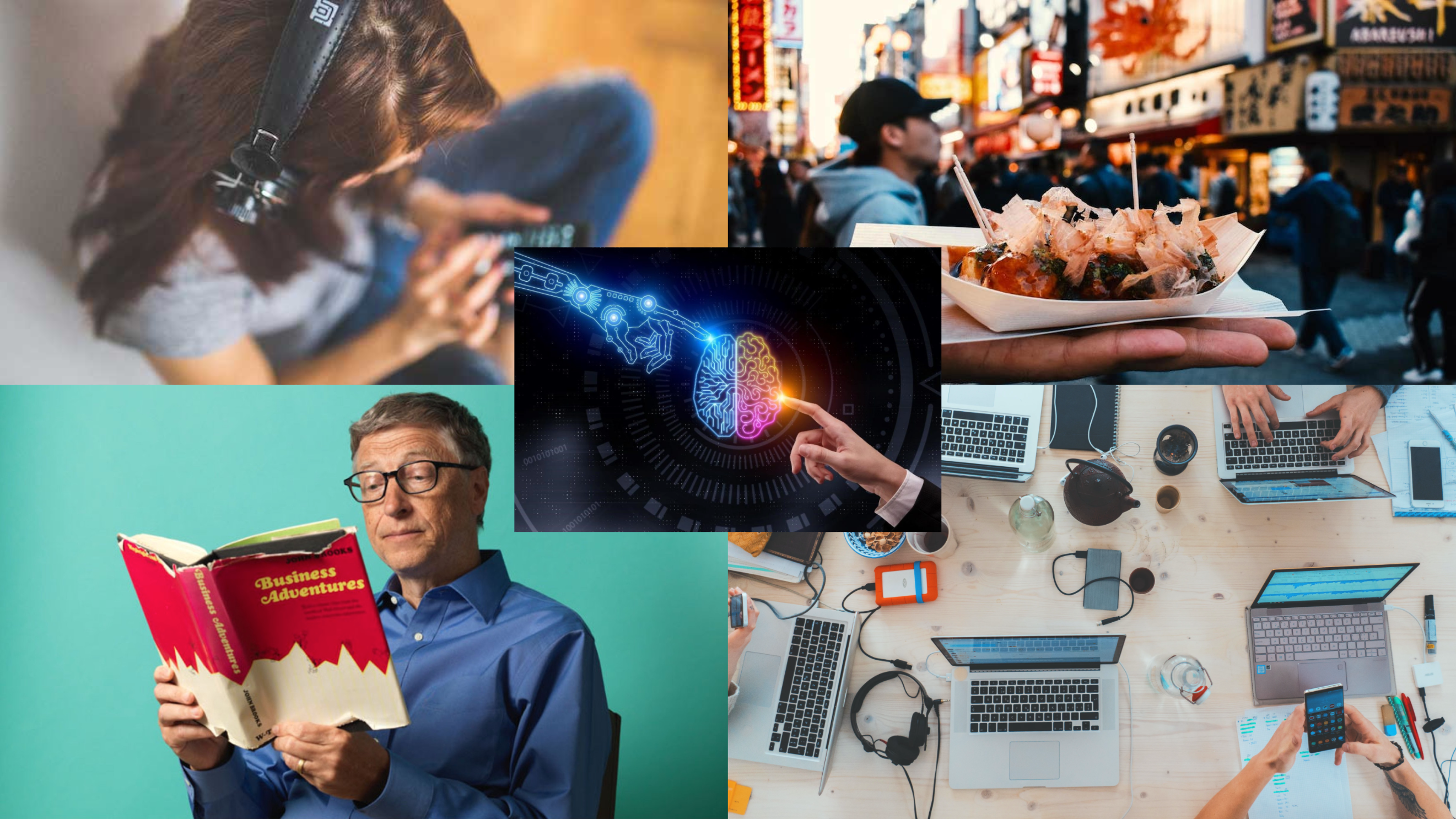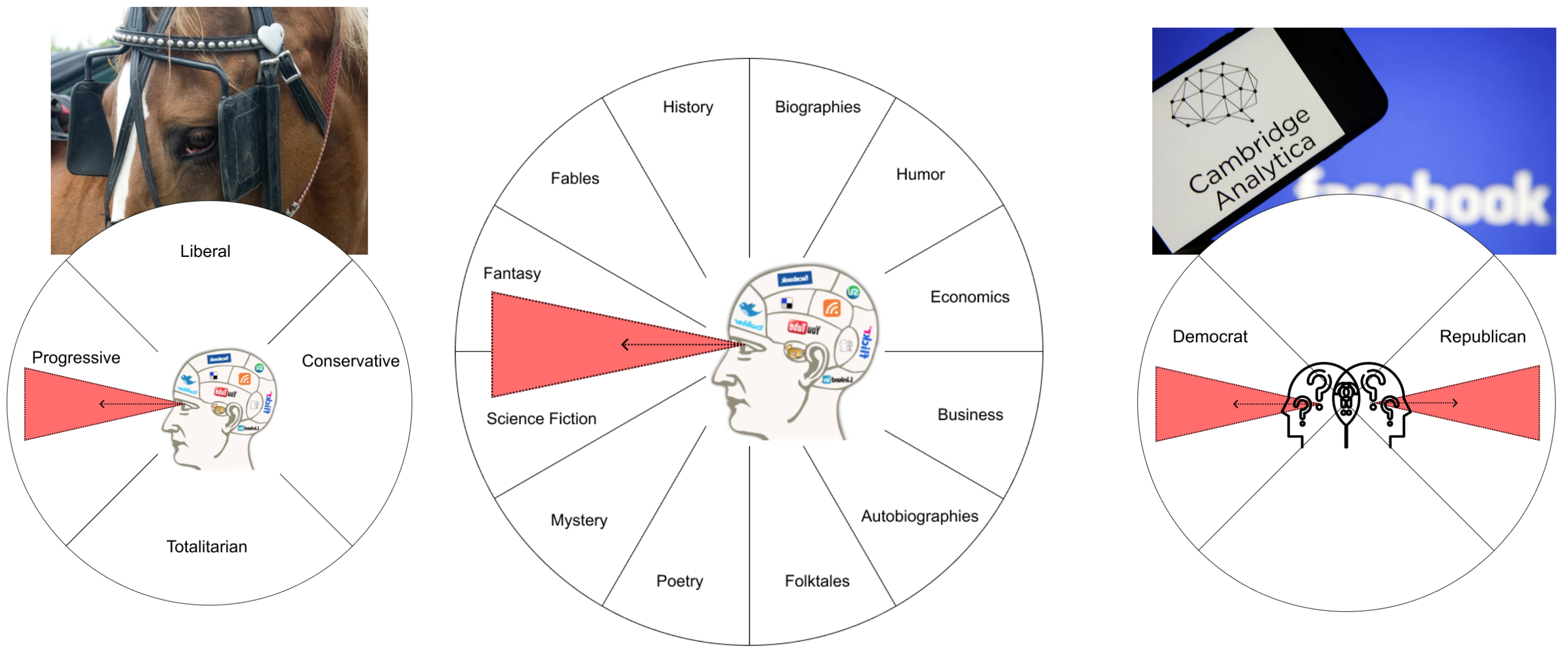Personalization & Discovery that Does Social Good and Increases Customer Lifetime Value

Compiled from Google Images
Every day you are being influenced by machine learning and AI recommendation algorithms.
What you consume on social media through Facebook, Twitter, Instagram, the personalization you experience when you search, listen, and watch through Google, Spotify, Youtube, what you discover using Airbnb and UberEats, all of these products are powered by machine learning recommender systems.

Recommender systems influence our everyday lives
80% of all content consumed on Netflix and $98 billion of annual revenue on Amazon is driven by recommendation systems and these companies continue investing millions in building better versions of these algorithms.
There are two main types of recommender systems:
- Collaborative filtering: finding similar users to you and recommending you something based on what that similar user liked.
- Content-based filtering: taking your past history and behavior to make recommendations.
There is also a hybrid based recommender system, which mixes collaborative and content-based filtering. These machine learning and AI algorithms are what power the consumer products we use every day.

How recommender systems work
The problem is these algorithms are fundamentally optimizing for the same thing: similarities.
Recommendation algorithms make optimizations based on the key assumption that only similarities are good. If you like fantasy books, you will get recommended more fantasy books, if you like progressive politics, you will get recommended more progressive politics. Following these algorithms limit our world view and we fail to see new, interesting, and unique perspectives.

Recommender systems lead us down a one-track mind
Like a horse running with blinders, we fall into an echo chamber and the dangerous AI feedback loop where the algorithm’s outputs are reused to train new versions of the model. This narrows our thinking and reinforces biases. Recent events like the Facebook–Cambridge Analytica data breach demonstrate technology’s influence over human behavior and its impact on individuals and society.
Psychology and sociology agree: we fear what we do not know. When people become myopic, that is when the “us vs them” mentality is created and where prejudice is rooted. The civil unrest in the United States and around the world can be linked back to these concepts. Fortunately, research also demonstrates that diversity of perspectives creates understanding and connectedness.
#recommendation-system #discovery #artificial-intelligence #personalization #ai
